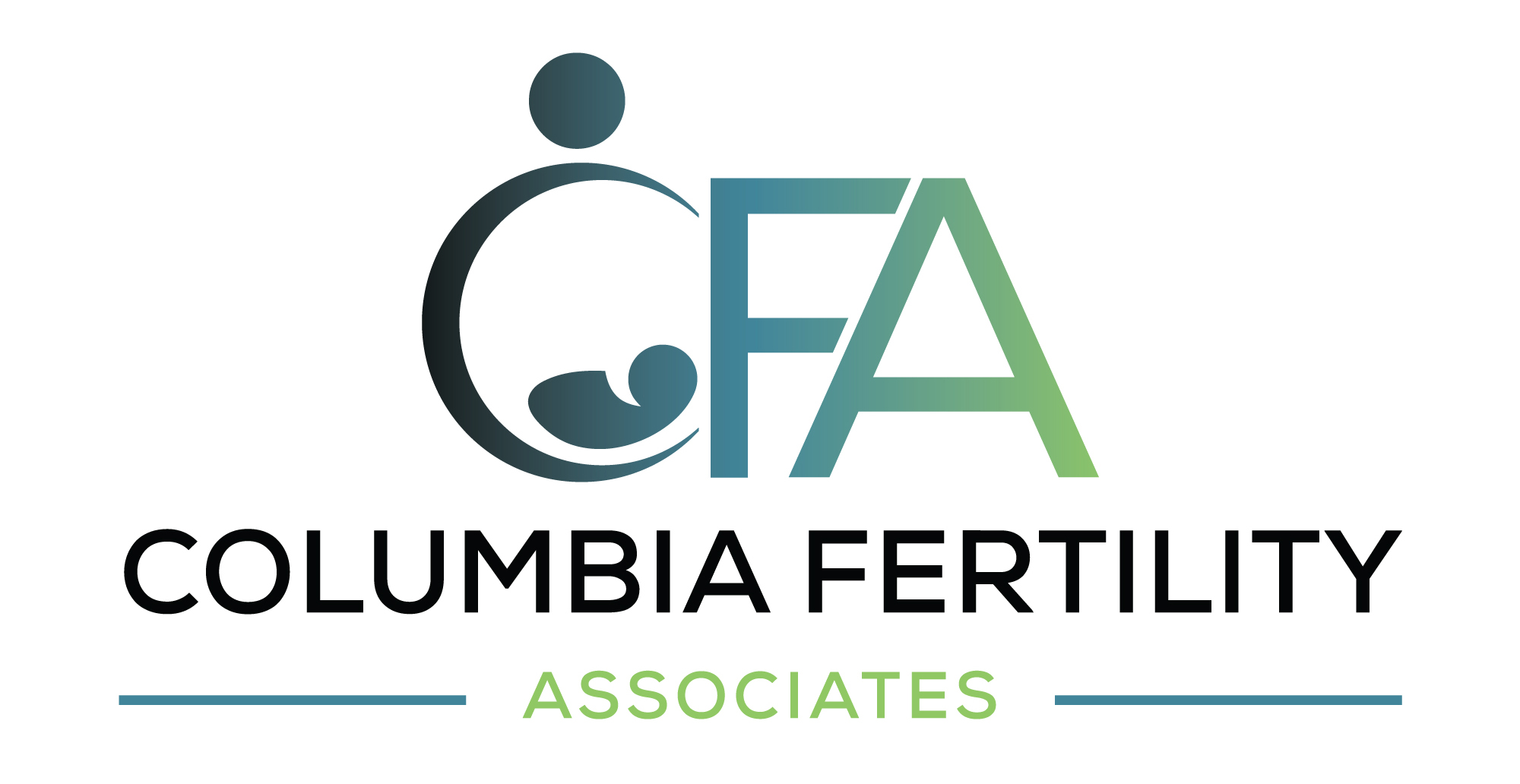Your endometrium is a double layer of mucosal tissue that lines the walls of your uterus. The first layer — known as the stratum basalis — is attached to the smooth muscle that forms the interior of your uterus. The second layer — known as stratum functional — is the interior layer that fills with blood each month so that it can provide sustenance to a fertilized egg.
Every month, your endometrium engorges with blood, ready for a potential baby. If your egg isn’t fertilized, however, the extra tissue and bloodsheds through your vagina in the form of menstrual blood.
If you have endometriosis, however, your endometrium doesn’t just grow inside your uterus. It may grow outside your uterus, or even on other reproductive or urogenital organs.
Like the stratum functional within your uterus, this tissue also engorges in preparation for a baby. However, when it’s time to shed the tissue, it has nowhere to go. The trapped tissue causes pain and may lead to complications such as scar tissue, adhesions, and ovarian cysts.
At Columbia Fertility Associates, our expert OB/GYNs and fertility specialists diagnose and treat endometriosis. If you have heavy periods or are having trouble getting pregnant, you may have endometriosis. Treatment varies by how severe your condition is.
Have you been recently diagnosed?
If your diagnosis of endometriosis is recent, and you haven’t yet tried and failed to become pregnant, you may not have any difficulty conceiving. Many women with endometriosis become pregnant without medical assistance.
Have you failed to conceive on your own?
If you haven’t become pregnant and have mild to moderate endometriosis, we may recommend clomiphene citrate, which is an oral fertility medication. You take it for five days after you begin menstruating.
When your ovaries release an egg, we artificially inseminate it with your partner’s donated sperm, a process called intrauterine insemination (IUI). This procedure is performed in our office and is similar to getting a Pap smear.
Women who are under 40 years old have a 10% chance of conceiving during each session of IUI. If you haven’t conceived after three tries of IUI with clomiphene, we may recommend injectable fertility drugs.
Have you failed IUI or have severe endometriosis?
If you have severe endometriosis and you’re under age 35, we may first remove the excess tissue with a surgical procedure, such as laparoscopy. We may also remove scar tissue and endometriotic ovarian cysts.
If you’re over 35, we may recommend that you proceed to in vitro fertilization (IV). With IVF, you take fertility drugs so that you produce multiple eggs in one menstrual cycle. We then remove those eggs and fertilize them with your partner’s or a donor’s sperm in the lab.
After embryos have formed, we select the healthiest to insert into your uterus. If your uterus is too badly scarred from endometriosis to sustain a pregnancy, we may recommend a gestational surrogate.
Don’t give up on your dreams of a family just because you have endometriosis. Contact our team at Columbia Fertility Associates — in Washington, DC; Bethesda, Maryland; or Arlington, Virginia — to get the help you need to have the family of your dreams.








